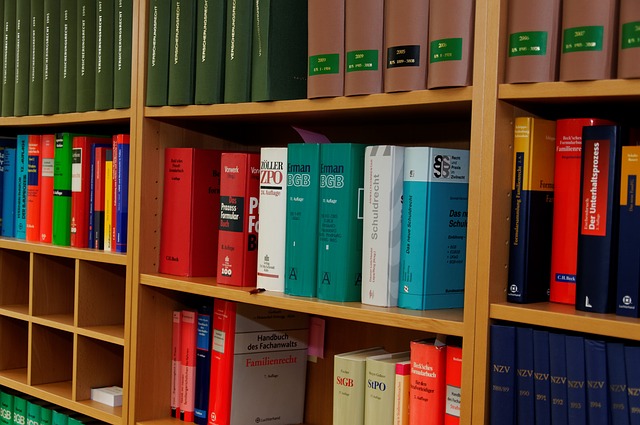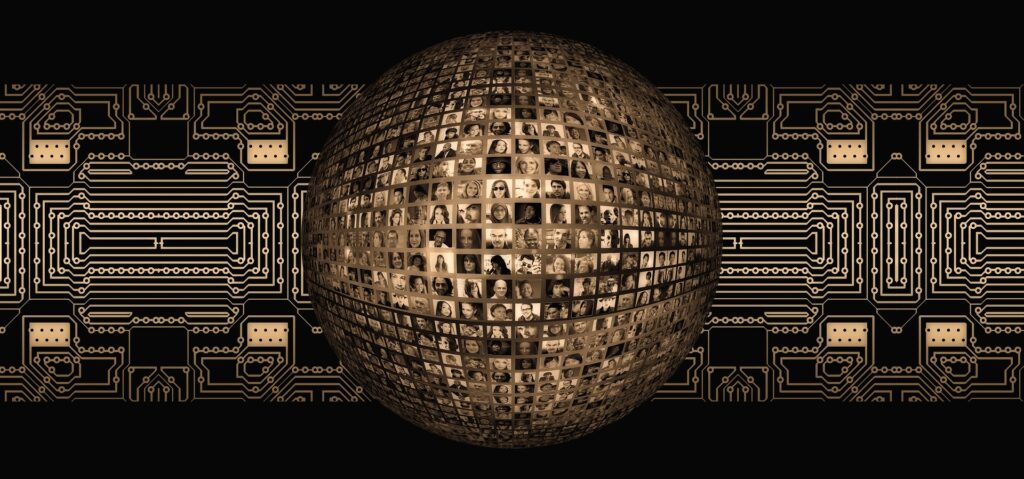Artificial Intelligence comes with a number of legal questions but it’s also transforming the legal profession itself. An analysis.
Innovative technologies like Artificial Intelligence transform entire industries as well as our daily lives. Artificial Intelligence has different forms and layers and it is important to separate these in order to fully understand its impact, but even on the surface the effect is significant: Personal assistants like Siri and Alexa that have found their way into our living rooms and help us deal with challenges like choosing music or finding out about the weather predictions. In the business world it has changed retail processes, helps automate manufacturing and eventually drive our cars for us autonomously. But it also has a deep impact on lesser known processes in industry that are less visible to most of us. The Legal Profession is one such sector that is experiencing a disruption through the use of AI and that seems to let no stone unturned.
Legal Questions about AI Liability
The general consensus is that AI is the big game changer for the legal industry. In fact, Artificial Intelligence, Machine Learning and Deep Learning are at the centre of many LegalTech solutions.
Focusing on the legal profession is also a good example to showcase the different aspects of AI that influence a specific field and also considers the legal implications of Artificial Intelligence itself.
To pick up on this point and to begin with, a central question that is discussed from legal scholars to industry professionals to courts is the liability for AI: who is responsible for the actions and as a result damages caused by it? When a smart fridge takes a wrong decision, is it the programmer of the fridge’s software, the producer or the owner of the fridge that is liable for any damages? Certainly, the potential of such damages appears at first sight insignificant, (though in jurisdictions like the US with seemingly limitless compensation for damages it does not seem far-fetched anymore – just imagine a pet dying because of the fridge ordering the wrong pet food), it is transferable to all use cases of AI in practice. When the first publicized fatal accident involving a Tesla engaged in autopilot mode took place in Florida in 2016, questions were asked whether the producer should be held entirely liable for the incident if the driver, too, failed to realise the danger.

AI Questions for Legal Professionals: Imminent Impact
Artificial Intelligence not solely concerns lawyers because of the new questions that arise such as AI liability. It also affects the legal profession itself and how it operates. The legal market generates more than $250 billion in revenue in the US alone, so it is no wonder that clever start-ups are trying to get a piece of the action.
The fields of application for artificial intelligence are numerous but the most obvious possibly is the examination of documents. Already, the computer-aided scanning and analysis of documents beats the results of human verification. In many legal cases large number of documents that need to be reviewed, which at best is very time consuming and costly. It is therefore a simple calculation of human cost as opposed the use of AI, but since the machines still need to be trained to produce results, lawyers are still required in cases with fewer documentation. However, with every progress that is made in machine learning this threshold gets lower.
The modelling and visualization of complex cases is another field of application as software based on AI can process large amounts of data and produce input based on facts that otherwise might not have been accessible and provide courts with valuable insights in the decision making process. This plays an important role in the fields of e-discovery and contact management.
And lastly, another traditional area that benefits greatly from the advancements in the application of Artificial Intelligence is legal research. Here, technology has been employed for a long time to help lawyers with their job, but once again AI has made a substantial impact. Comprising of any form of technology supported research for lawyers crawling through an ever increasing mountain of, for example, case law or any other form of legal data, cost and time are once again the key arguments in favour of machines.
AI Questions for Legal Professionals: Future Impact
All of this is only the beginning though because it merely touches upon a support function for lawyers. With time AI could, for example, potentially help avoid disputes altogether.
To begin with, the continuous digitalization in the field of documentation improves the quality of data and rule out a large number of disputable aspects in many cases as facts become more accessible and evident. The next level comes with the use of smart contracts, which are self-executing and make human input redundant, thus eliminate the risk of human error. While currently still at a rudimentary stage and applicable only to relatively simple scenarios, future progress will ensure that this element, too, will play an important role for the legal profession.

